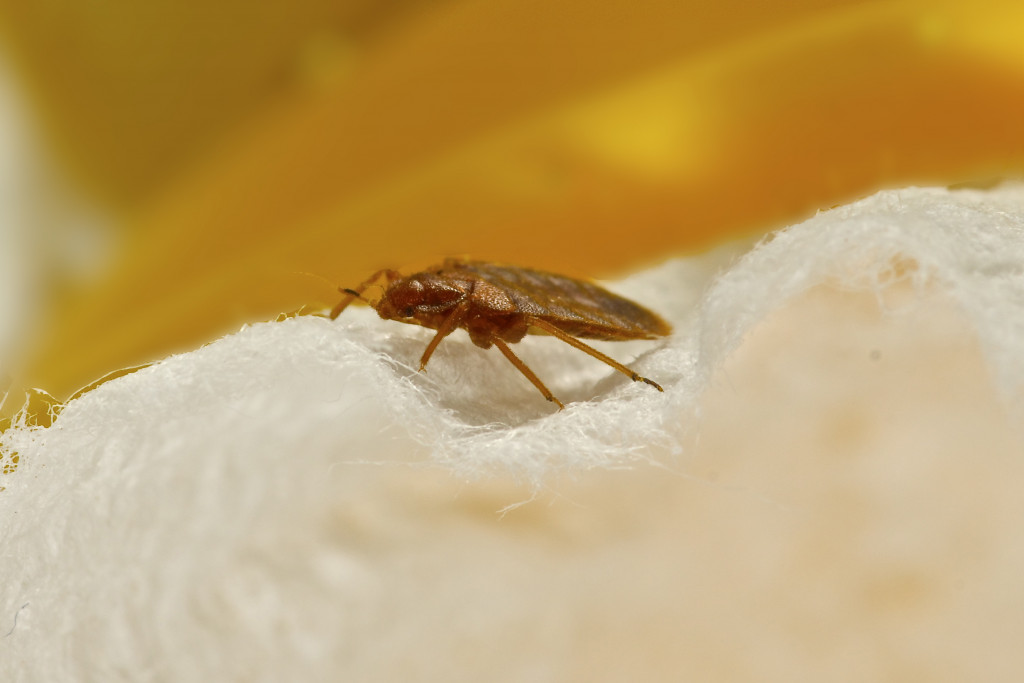- Pests like ants, termites, rodents, and mosquitoes are common in U.S. homes, causing property damage and disease.
- Pests pose significant health, property, and mental health risks, causing stress, anxiety, and financial burdens.
- Pests can damage property owners’ reputations, especially for business establishments.
- Effective pest management includes cleanliness, regular tree trimming, sealing entry points, and natural pest control methods.
- Professional pest control services offer effective elimination and preventive maintenance in severe infestation cases.
Pests are unwanted and annoying guests that invade your home, causing damage to your property and spreading diseases. These tiny creatures come in different types and sizes and can be challenging to control. Unfortunately, pests can also significantly impact your health and well-being. Here’s what you need to know about pests in the U.S., how they can affect your home, and ways to deal with them.
Most Common Pests in The U.S.
Hundreds of pests can invade your home, but some are more common than others. These include insects such as ants, cockroaches, termites, and bed bugs, which can cause extensive damage to your property. Rodents like mice and rats are also prevalent in the U.S., with 29% of households dealing with rodent infestations.
Other common pests include spiders, fleas, ticks, and mosquitoes. These pests can carry diseases and cause discomfort and irritation to you and your family. It’s essential to be aware of the most common types of pests in your area so that you can take preventive measures to protect your home.
The Impact of Pests on Your Home
Pests can cause significant damage to your home. Here are some of them:

1. Property Damage
The presence of pests in your home can cause damage to your property. Termites, for example, cause structural damage to homes and buildings. They eat away at wood, causing structural damage that can be costly. Conversely, rodents can chew through electrical wires, creating a fire hazard that can harm your family. Pests like ants and cockroaches can damage furniture, carpets, curtains, and other household items.
2. Health Risks
Pests can also pose significant health risks to you, your family, and your pets. Some pests can transmit diseases like Lyme disease, Salmonella, and Hantavirus. Cockroaches, for example, produce allergens that can trigger asthma attacks in sensitive people. Mosquitoes are also known for transmitting diseases like malaria, West Nile virus, and Zika virus. Proper pest management is essential to reduce the risk of exposure to these dangerous diseases.
3. Stress and Anxiety
Living with pests can be a stressful experience. The constant sight of bugs, rodents, and other pests can create anxiety and fear, making it difficult to relax in your home. Pests can also affect your sleep, causing you to be constantly on edge and unable to rest properly. Eliminating pests from your home can help alleviate stress and anxiety, promoting better mental health.
4. Financial Burden
Pest infestations can also be a significant financial burden. Repairing damages caused by pests can be expensive, and getting rid of pests may require professional help. Additionally, pest control products and services can be costly. By managing pest infestations early on, you can avoid these financial costs and ensure your home is safe and healthy for you and your family.
5. Reputation Damage
Having pests in your home can damage your reputation. If you own a business, customers may not want to visit your establishment if they know you have a pest problem. In some cases, property owners may even be fined for not properly managing pests on their property. This damage to your reputation can be avoided by properly managing pest infestations and keeping your property pest-free.
Ways to Deal with Pests
Here are some ways to deal with pests in your home effectively:

1. Keep Your Home Clean and Tidy
Pests enter your home for food, so keeping it clean and tidy can prevent them from finding a suitable environment to thrive. Regularly sweep, vacuum, and mop floors, wipe down countertops, and remove trash. Store food in airtight containers and fix any leaks to prevent standing water.
2. Get Your Trees Trimmed
If you have trees near your home, keeping them trimmed and away from your house is essential. Trees provide pests with easy access to your home, so it’s crucial to trim any branches or shrubs that may be touching the exterior of your house. If you can’t do this, consider hiring a tree care service to help you. They can also inspect your trees for any signs of pest infestations.
3. Seal All Entry Points
Pests can enter your home through various openings, so sealing off these entry points is essential. Inspect the exterior of your home for any gaps, holes, or cracks that pests could use to get inside. Use caulk to fill the openings, and install door sweeps to seal gaps under doors.
4. Use Natural Pest Control Methods
You can use many natural pest control methods to deal with pests in your home. These include using essential oils like peppermint, lemon, or lavender, creating DIY traps using household items like vinegar and sugar, and planting pest-repelling herbs and plants in your garden.
5. Seek Professional Help
If you’re dealing with a severe and persistent pest infestation, it’s best to seek professional help from a pest control company. They have the expertise, equipment, and products necessary to effectively eliminate pests from your home. They can also provide regular maintenance services to prevent future infestations.
Pests are a common problem many homeowners face, but they can significantly impact your home and health if left unaddressed. By being aware of the most common pests in your area and taking necessary measures to prevent infestations, you can protect your home and family from the damage and risks associated with pests. If you’re dealing with a pest problem, don’t hesitate to seek professional help and take action before it’s too late.




